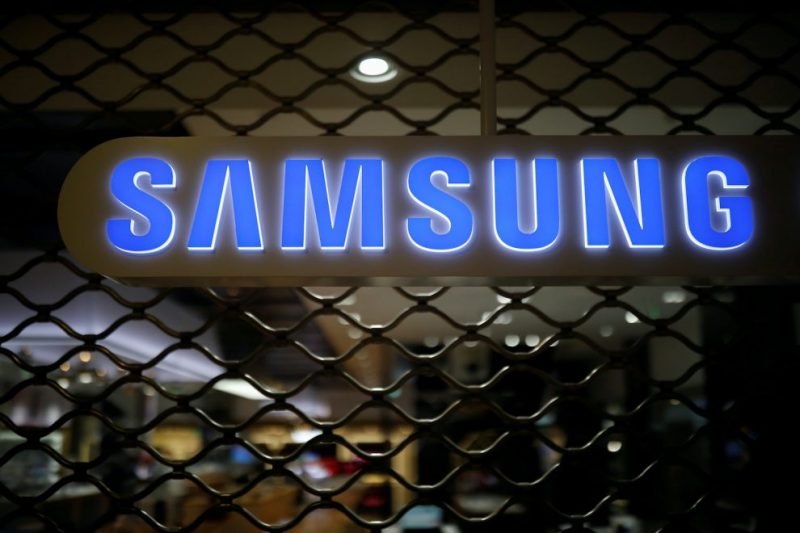Samsung Electronics on Friday estimated its fourth-quarter profit jumped 52.5% due to surging demand for server memory chips and increasing orders for contract semiconductor manufacturing, despite lower prices.
Operating profit was projected at 13.8 trillion won ($11.5 billion) in the quarter ended December 31, lower than the 15.2 trillion won forecast by Refinitiv.
Sales were estimated at 76 trillion won, 23.5% higher than a year earlier.
Earnings at the South Korean company – the world’s largest producer of computer chips and smartphones – are likely to increase further this year after bottoming out in the first quarter, analysts said.
Chip prices are expected to rebound in the second quarter, partly due to reduced production at its plant in Xi’an, the Chinese city locked down due to a Covid-19 outbreak.
Expectations of a chip price recovery have pushed Samsung shares nearly 11% higher in the past couple of months.
Demand for new data centres and streaming services continues to increase with the resurgence of Covid worldwide.
Samsung shares rose 1.3% to 77,900 won in trading on Friday morning. The company is due to release detailed earnings on January 27.
- George Russell
READ MORE:
Samsung Remote Control Charges on ‘Wasted’ WiFi Energy
Samsung Bids For US-Based Biogen – Korea Economic Daily
Samsung to Merge Mobile, Consumer Electronics Units























